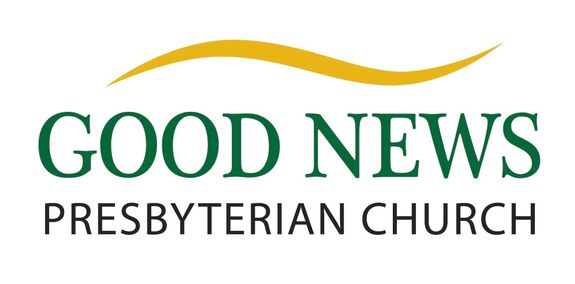The Value of Creeds |
Confessions and creeds are summary statements of what a group of Christians believe. Creeds (from the Latin word credo, meaning, “I believe”) are shorter and less detailed than confessions.
Many Christians challenge the need for creeds and confessions of faith. One Christian denomination proudly proclaims, "No creed but Christ." Larry Norman, a Christian singer back in the seventies said, "I don't want to talk about theology, I just want to talk about Jesus." Spiritual-sounding as that comment may be, I would ask Larry, “Whose Jesus? The Jehovah’s Witnesses’ Jesus? The Mormon’s Jesus? The Muslim's Jesus?” As soon as you say that Jesus is God you are talking theology. As soon as you say that Jesus died on the cross and rose from the dead you are making a creedal statement. Many churches and parachurch ministries that publish only short statements of their essential beliefs typically have very detailed unwritten doctrinal positions. To discover their unwritten theological positions all you need to do is to teach a doctrinal detail that contradicts the position held by the church’s leaders. Many conflicts could be avoided if those unwritten details of belief were made explicit. Others say "no creed but the Bible." Here, again, we run into problems because as soon as you stop quoting Scripture and summarize something the Bible teaches you are formulating a creed. If you have ever used the word Trinity to describe the relationship between the Father, Son, and Holy Spirit, you were formulating a creed, since the Bible never uses the word Trinity. The word Trinity is merely an economical way to encapsulate large swaths of biblical data which teach that the one God exists in three persons. Most Christians see the value of writing down summary statements of what the Bible teaches on subjects such as man’s nature, faith, repentance, redemption, and the end times. These summary statements, besides being a useful tool for Bible study, would come in handy when discussing your beliefs with those who have different positions. After all, you typically cannot sit down with someone and examine every verse in Scripture related to a particular topic. Summary statements enable you to efficiently compare and contrast your beliefs with those of others. But why write your own summary of the Bible’s main themes when, down through history, God has provided the church with gifted theologians who have skillfully articulated the themes of Scripture? Only the most conceited would deny that they could benefit from the insights of the orthodox theologians that have preceded them. A.A. Hodge, Professor of Theology at Old Princeton Seminary in the 1800's, said, "The real question is not, as often pretended, between the Word of God and the creed of man, but between the tried and proved faith of the collective body of God's people, and the private judgment and the unassisted wisdom of the repudiator of creeds." Creeds, confessions and catechisms summarize the teaching of the Bible with a conciseness and clarity far superior to our best efforts. Consider, for example, how carefully the Westminster Confession of Faith articulates the relation between the human and divine natures of Jesus: "Two whole, perfect, and distinct natures, the Godhead and manhood, were inseparably joined together in one person, without conversion, composition, or confusion. Which person is very God and very man, yet one Christ, the only mediator between God and man.” If someone were to approach you on the street and ask "What is God?” what would you answer? Where would you begin? If you knew the Westminster Shorter Catechism you could, without missing a beat, reply, "God is a Spirit, infinite, eternal, and unchangeable, in his being, wisdom, power, holiness, justice, goodness, and truth." We don't regard creeds and confessions as highly as we regard the Bible, but we appreciate the servant role they play in enabling us to better understand and defend the teaching of the Scripture. Peter Kemeny, Pastor Good News Presbyterian Church P.O. Box 1051, Frederick, MD 21702 www.goodnewspres.org |

